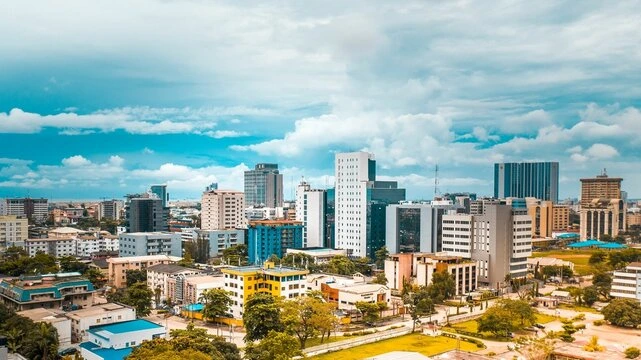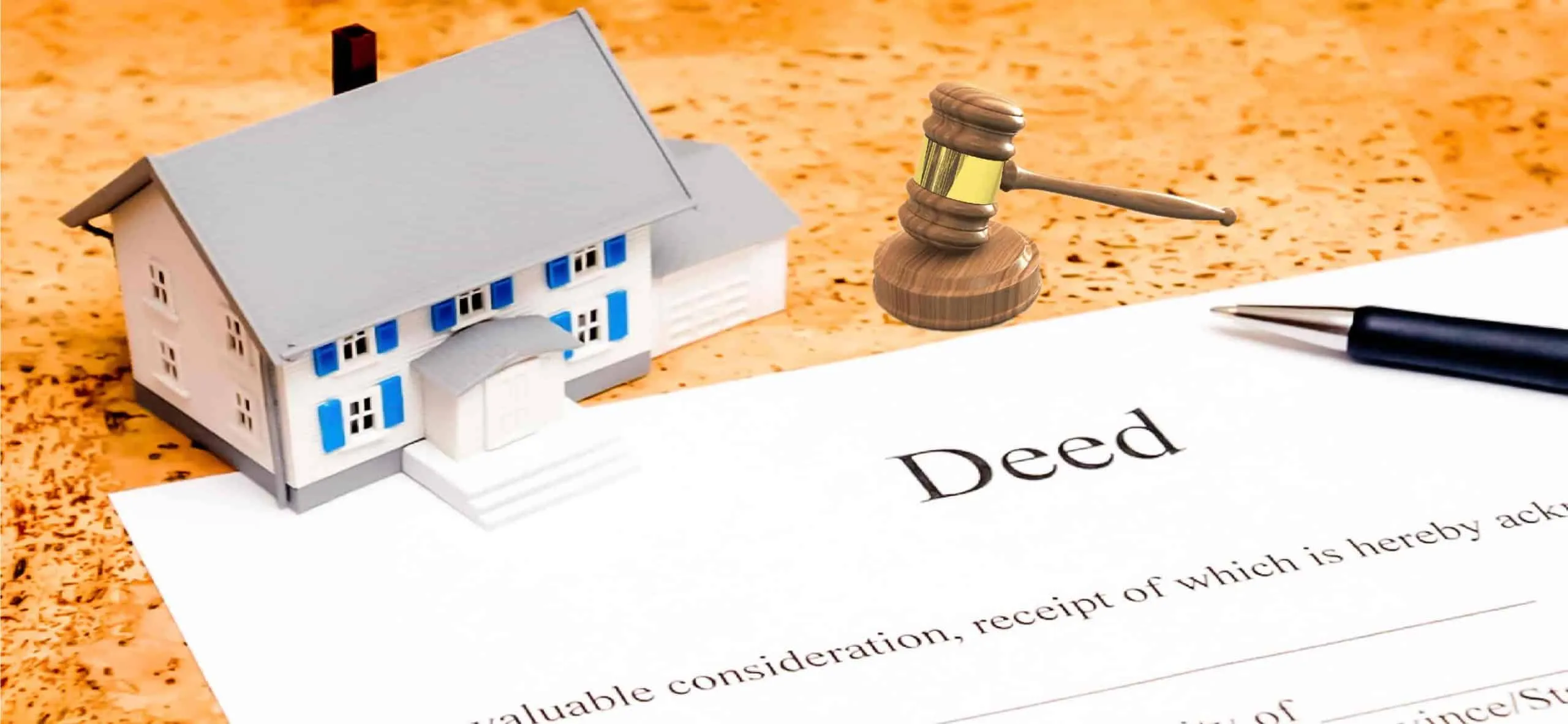Introduction
Buying or selling land in Nigeria comes with several legal steps, and one of the most important is obtaining Governor’s Consent Nigeria. This is a legal document from the state governor that confirms a land transfer is valid under the law. Without it, land transactions can be challenged, and buyers may face serious problems in proving ownership.
Understanding the Governor’s Consent process is crucial. It involves submitting an application, providing proof of ownership, and paying the required fees. Knowing the Governor’s Consent cost and the steps involved can save time, money, and legal trouble.
This guide explains everything you need to know about Governor’s Consent in 2025. You will learn why it is important, how much it costs, and the correct way to apply. By the end, you will be better prepared to handle land transactions safely and confidently in Nigeria.
What is Governor’s Consent?
Governor’s Consent is a legal approval from the state governor that allows a landowner to transfer their property to someone else. In Nigeria, all land is technically owned by the government under the Land Use Act of 1978. This law gives property owners a statutory right of occupancy, meaning they can use and manage the land, but transfers must follow legal rules.
When you buy or sell land, getting Governor’s Consent makes the transaction official and recognized by the law. Without it, the sale or transfer can be challenged, and the new owner might not have full legal rights over the property. This consent ensures that the government knows about the transfer and that all fees and requirements are met.
Failing to get Governor’s Consent can lead to serious problems. The land sale could be declared invalid, and the buyer might not be able to prove ownership. It can also create disputes or legal battles later. By obtaining consent, both buyers and sellers are protected, and the land transaction becomes legally binding.
In simple terms, Governor’s Consent is like a government stamp of approval that confirms a land transfer is real and valid. It is an important step for anyone dealing with property in Nigeria.
Why is Governor’s Consent Important?
The importance of Governor’s Consent cannot be overstated when it comes to land in Nigeria. This document protects property owners by confirming their legal ownership of the land. With Governor’s Consent, the government officially recognizes that the land transfer is valid, which helps prevent future problems.
One major reason it is important is that it helps stop fraud. Without consent, someone could sell the same land to multiple buyers, or illegal sales could occur. Governor’s Consent acts as a safeguard against these issues, providing a clear record of who owns the property. This helps with land fraud prevention and keeps property transactions safe for everyone involved.
Governor’s Consent also reduces the chances of property disputes. It makes sure that the land transfer follows all legal steps, so both buyers and sellers are protected under the law. Banks and other financial institutions also look for this document when giving loans or mortgages. If you want to use the land as collateral or sell it later, having Governor’s Consent makes future transactions easier and more secure.
In short, Governor’s Consent is essential for anyone buying, selling, or using land in Nigeria. It protects ownership, prevents fraud, and ensures that land transactions are recognized legally and financially.
Who Needs Governor’s Consent?
Many people wonder who needs Governor’s Consent when dealing with land in Nigeria. In simple terms, it is required whenever land changes hands after the initial owner has received a Certificate of Occupancy. This means that both land buyers and property sellers must ensure that Governor’s Consent is obtained for the transaction to be legal.
The initial issuance of a Certificate of Occupancy gives the first owner the right to use the land. However, when the land is sold, leased, or transferred to another person, the law requires the governor’s approval. This ensures that the government is aware of the transfer and that all legal rules are followed. Without this approval, the new owner may not have full legal rights to the property.
For example, if someone buys a house in Lagos from the original owner, Governor’s Consent must be obtained to complete the sale legally. Another scenario is when a property is inherited and the heir wants to sell it; the consent is needed before any sale. It is also necessary when a business buys land for commercial purposes, such as building offices or shops.
In short, Governor’s Consent is required for anyone buying, selling, or transferring land after the first issuance of a Certificate of Occupancy. It protects both parties and makes sure land transactions are recognized by law.
How to Apply for Governor’s Consent
Knowing how to apply for Governor’s Consent is very important if you want your land transaction to be legal in Nigeria. The process can take time, but following the right steps makes it easier and avoids mistakes.
Step 1: Prepare the Required Documents
Before applying, gather all necessary papers. Key documents include:
-
The original Certificate of Occupancy
-
Deed of Assignment showing the transfer agreement
-
Form 1C, which is the official application form for Governor’s Consent
-
Survey plan of the property
-
Tax clearance certificates or other state-required proofs
Step 2: Submit Your Application
Take your documents to the state land office or submit online if your state allows. Make sure everything is complete and correctly filled out. Missing information can delay the process.
Step 3: Pay the Fees
Your application will require payment of fees. These usually include a percentage of the property’s value, stamp duty, and administrative costs. Check with your state’s land office for exact amounts, as fees may vary.
Step 4: Follow the State-Specific Procedures
Each state in Nigeria may have slightly different rules. For example, Lagos State might require additional forms or approvals compared to Abuja. Check your state’s official guidelines to make sure you follow the correct steps.
Step 5: Get Professional Help
A lawyer or real estate professional can help you through the process. They ensure your documents are correct, fees are paid properly, and the application meets all legal requirements. Professional help can prevent delays or errors that might cause problems later.
Step 6: Receive Governor’s Consent
Once your application is approved, the Governor will issue the consent. This is then registered in the state land registry, making the land transfer official and legally recognized.
By following these steps, you can successfully complete the Governor’s Consent application process and protect your investment in land.
Cost of Obtaining Governor’s Consent
Knowing the Governor’s Consent cost is important before buying or selling land in Nigeria. The main fee is usually a percentage of the property’s value. This percentage can range from 1% to 3%, depending on the state where the land is located. Higher-value properties will have higher fees, while smaller properties will cost less.
In addition to the main fee, there are other costs to consider. Capital gains tax may apply if the property has increased in value since it was first purchased. You will also need to pay stamp duty, which is a legal fee for registering the transaction. Legal fees for hiring a lawyer or real estate professional are another part of the cost. These fees help ensure that all documents are correct and that the application is processed smoothly.
For example, if you are transferring a property worth 10 million Naira, the Governor’s Consent fee could be between 100,000 and 300,000 Naira. Stamp duty and legal fees could add another 50,000 to 100,000 Naira, depending on the complexity of the transaction.
By understanding all these costs, you can budget properly and avoid surprises during the land transfer process. Knowing the full Governor’s Consent cost helps buyers and sellers plan ahead and complete transactions safely and legally.
Common Challenges and How to Overcome Them
Applying for Governor’s Consent in Nigeria can come with several Governor’s Consent challenges. One common problem is delays. Sometimes the process takes longer than expected because of high application volume or slow government review. Another challenge is document errors. Missing or incorrect papers can cause the application to be rejected or delayed.
Legal disputes can also occur if previous land ownership or transfer records are unclear. These disputes can make it hard to get approval and may lead to long court cases.
To overcome these challenges, preparation is key. Make sure all required documents are complete, accurate, and up to date. Double-check forms like Form 1C, the Deed of Assignment, and the Certificate of Occupancy. Hiring a qualified lawyer or real estate professional can help prevent mistakes and guide you through the application process.
Being organized and following the correct state-specific procedures can also reduce delays. Keep copies of every document submitted and track your application regularly.
In short, while Governor’s Consent challenges can be stressful, most can be avoided with careful preparation, accurate documentation, and professional guidance. Taking these steps makes the process smoother and protects your property rights.
Governor’s Consent vs. Certificate of Occupancy: Key Differences
Many people confuse Governor’s Consent vs Certificate of Occupancy, but they are different documents with different roles. A Certificate of Occupancy is the first legal document given to a person when they are granted the right to use land under the Land Use Act. It proves that the holder has a statutory right of occupancy and can use or develop the land.
Governor’s Consent, on the other hand, is needed whenever that land is transferred to another person. It makes the transfer legal and recognized by the government. Without it, a buyer may not have full property rights even if they have a Certificate of Occupancy from the previous owner.
Both documents are important for land ownership. The Certificate of Occupancy proves the first ownership, while Governor’s Consent ensures all future transfers are valid. For example, if someone buys a house from the original owner, they need Governor’s Consent to complete the sale legally. Another scenario is when land is inherited and the heir wants to sell it; both the Certificate of Occupancy and Governor’s Consent are required to make the transaction official.
In short, the Certificate of Occupancy shows who first owns the land, and Governor’s Consent makes sure any transfers afterward are legal. Knowing the difference helps property buyers and sellers protect their legal rights and avoid problems in the future.
Tips for a Smooth Governor’s Consent Application
Following the right steps can make your Governor’s Consent application much easier. Here are some helpful Governor’s Consent application tips to guide you.
First, prepare all your documents carefully. Important papers include the Certificate of Occupancy, Deed of Assignment, Form 1C, survey plan, and any tax clearance certificates. Keeping these organized helps avoid mistakes and delays.
Second, follow an application checklist. Make sure every form is complete and signed, all copies are clear, and payments are ready. Check your state’s specific requirements to ensure you meet all rules.
Third, consider getting legal advice. A lawyer or real estate professional can review your documents, guide you through the process, and prevent errors that could slow down approval.
Finally, track your application and follow up with the land office if needed. Staying organized and informed helps your application move smoothly.
By using these tips, preparing documents carefully, and seeking professional help, you can complete the Governor’s Consent process efficiently and safely.
Frequently Asked Questions
Here are some Governor’s Consent FAQs to help you understand the process better.
Q: What is Governor’s Consent?
A: It is a legal approval from the state governor that allows a land transfer to be valid under Nigerian law. It is needed whenever land changes ownership after the first Certificate of Occupancy.
Q: Who needs Governor’s Consent?
A: Anyone buying, selling, or transferring land after the initial issuance of a Certificate of Occupancy needs Governor’s Consent. This includes land buyers and property sellers.
Q: How much does Governor’s Consent cost?
A: The cost depends on the property’s value and the state. Usually, it ranges from 1% to 3% of the property value, plus extra fees like stamp duty, capital gains tax, and legal fees.
Q: How long does the application process take?
A: Processing times vary by state. If all documents are correct and fees are paid, it usually takes a few weeks to a few months. Delays can happen if papers are missing or incorrect.
Q: Can I apply without a lawyer?
A: Yes, but hiring a lawyer or real estate professional is recommended. They help ensure all legal requirements are met and prevent mistakes that could delay the process.
These common questions cover the basics of Governor’s Consent and make it easier for anyone to understand the application process and legal steps involved.
Conclusion
Obtaining Governor’s Consent is an important step in any land transaction in Nigeria. It protects property transactions, confirms legal ownership, and prevents disputes or fraud. Without it, land transfers may not be recognized by the government, leaving buyers and sellers at risk.
The best next steps are to prepare all required documents carefully and seek legal assistance to guide you through the process. A qualified lawyer or real estate professional can help ensure everything is correct and avoid delays.
Start your Governor’s Consent application today to secure your property legally and protect your investment. Getting professional help makes the process easier, faster, and safer.





